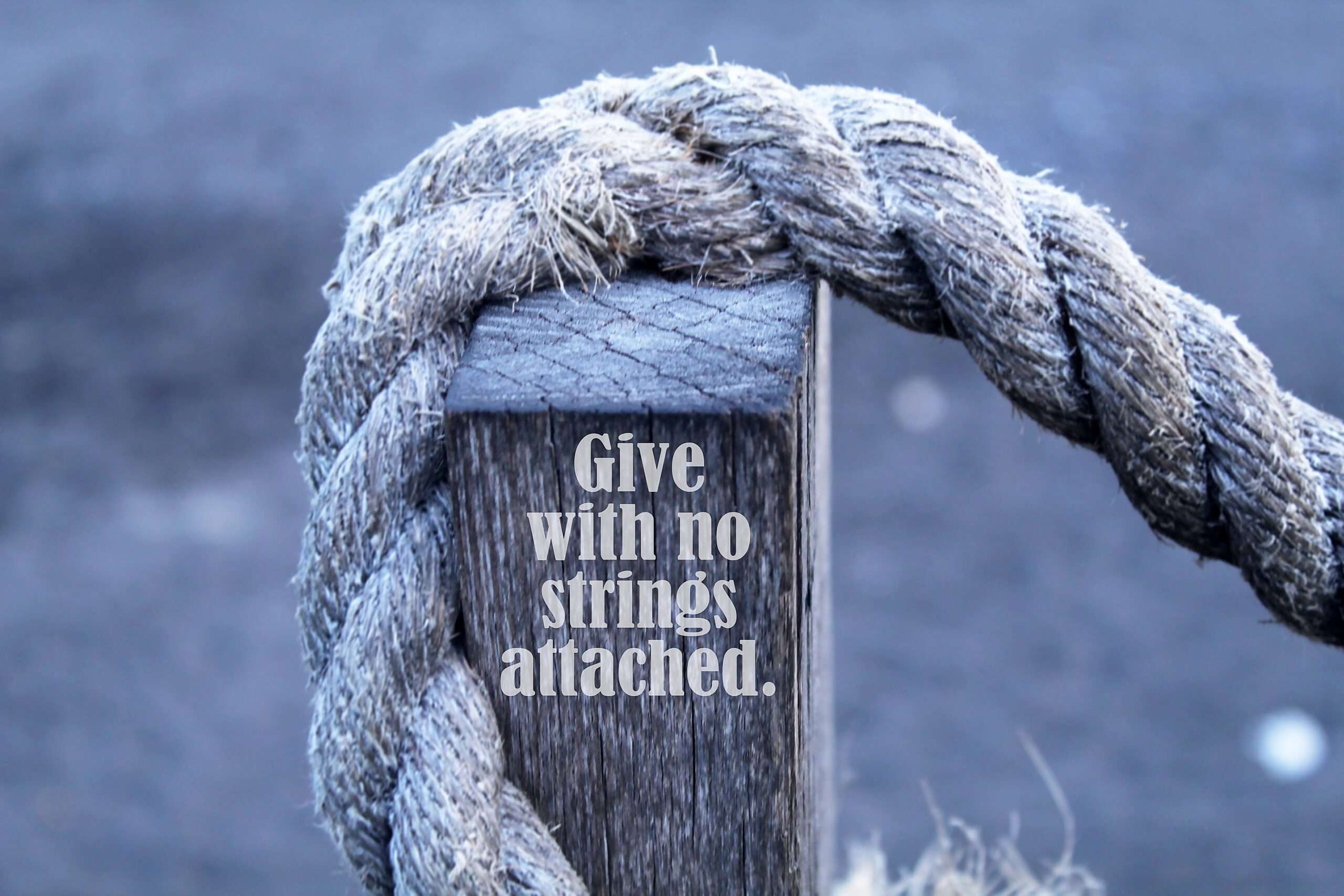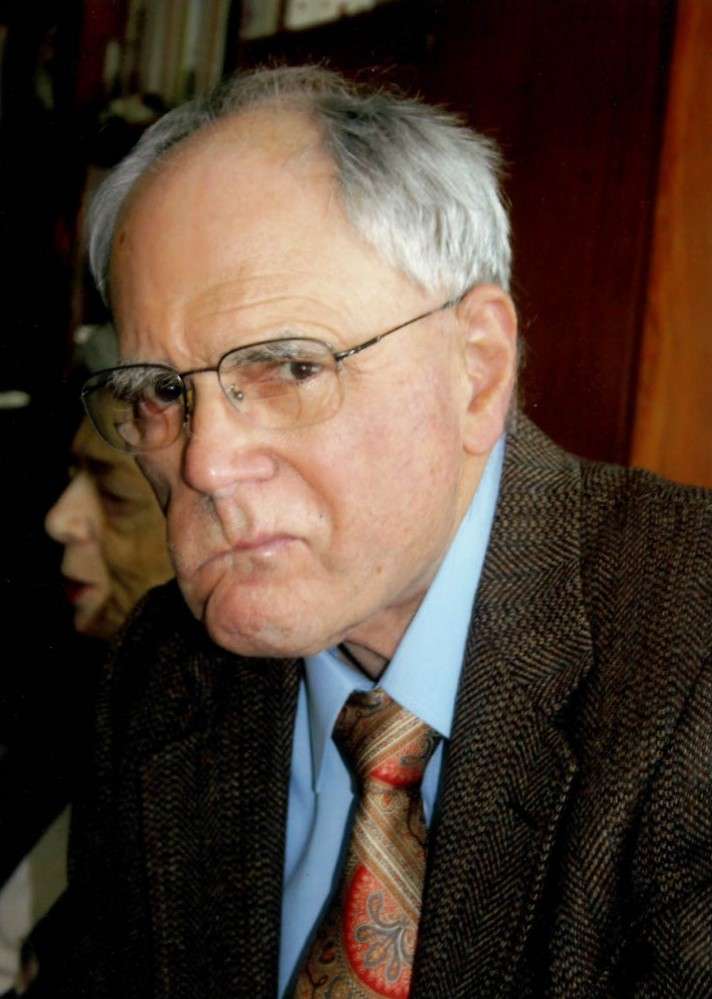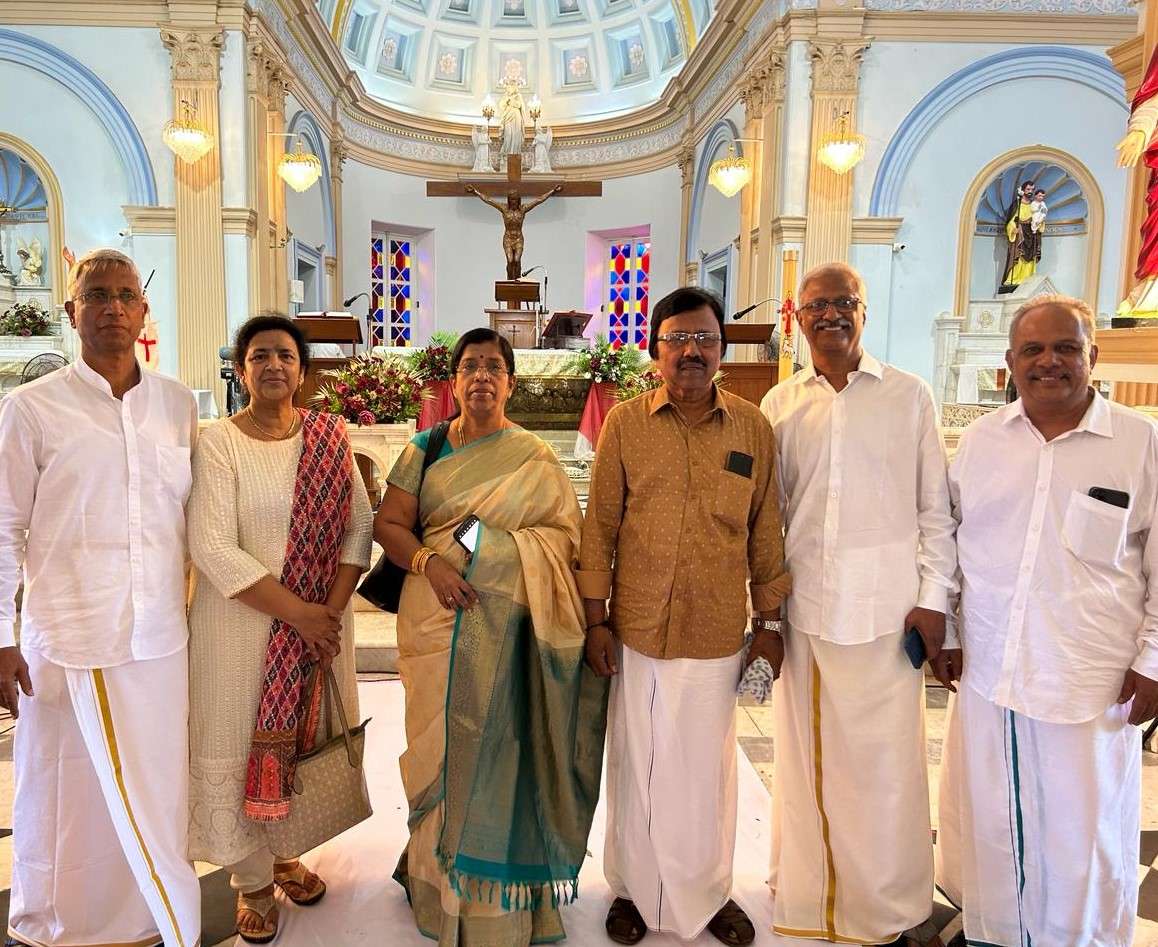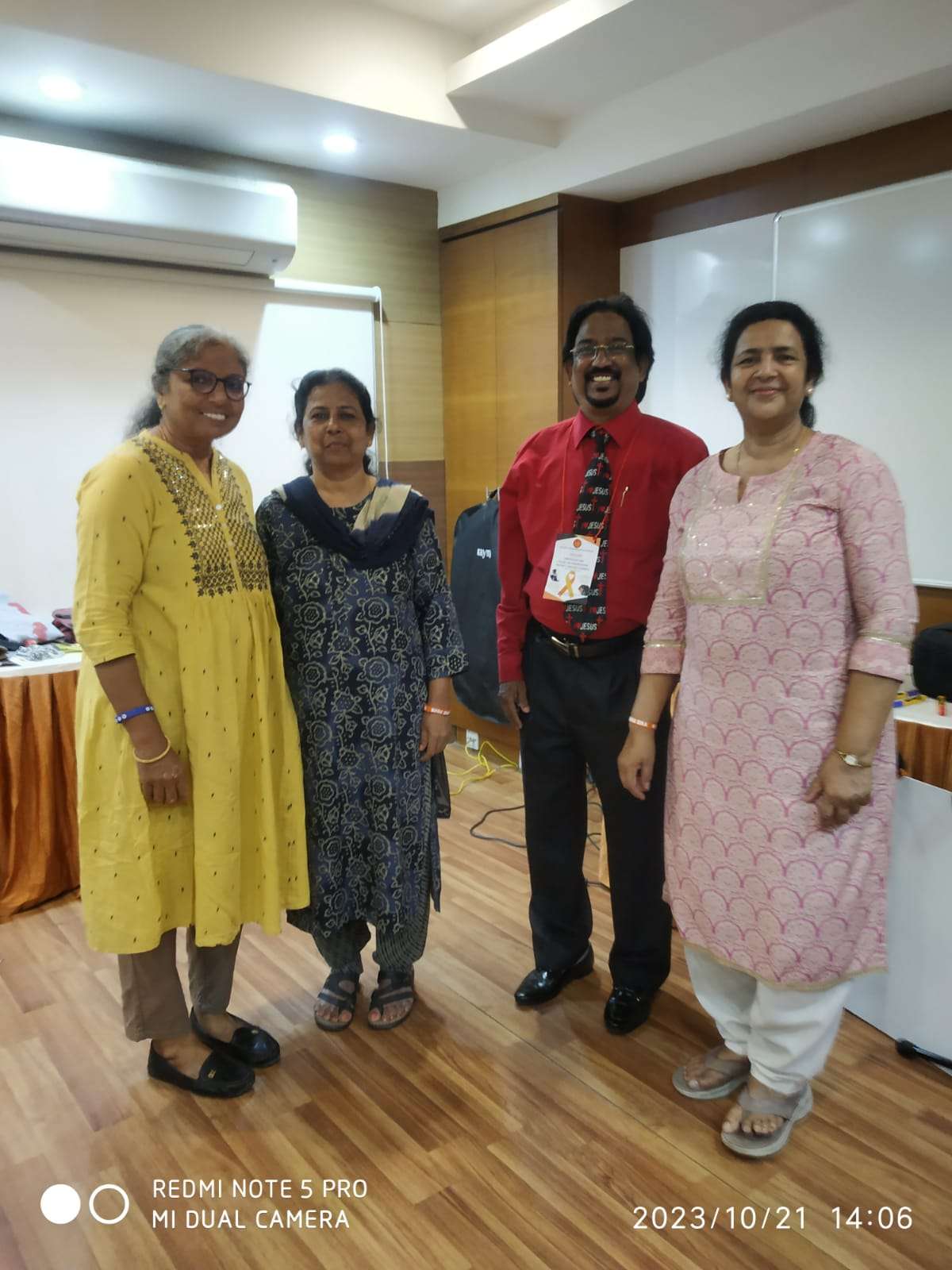Anatomy of No-strings Benevolence

The United Board has a rich and storied history of serving Asian higher education for over a century. With its network of institutions in 16 countries and regions and popular and impactful programs in faculty development, leadership training, peace education, and campus ministry, to name a few, the United Board is an ideal conduit for foundations and philanthropists seeking to make a lasting impact in the field of education.
In fiscal year 2023 alone, about $3.5 million of designated gifts were received from our alumni and friends in support of 18 institutions in our network. In addition to gifts designating specific purposes or recipients, giving comes in other forms to the United Board as well, e.g., legacy gifts, permanent endowments, and unrestricted gifts, the last of which is fast becoming popular among funders and foundations in the US.
The most unselfish act
No-strings philanthropy or unrestricted giving refers to a form of charitable donation where the recipient organization is given the freedom to utilize the funds as they see fit to further their mission without specific conditions or restrictions imposed by the donor. James R. Watt, vice president for advancement at Juniata College, Pennsylvania, remarked: “An unrestricted gift is one of the most unselfish acts that a philanthropist can bestow.”
In the last 10 years, over 250 individuals have made unrestricted gifts of varying amounts to the United Board to support its operation and programs. Although individual gifts vary tremendously in amount, many of them are given regularly over a long period of time, measured in years if not in decades.
A son of Shanghai

Dr. Markley Roberts was born in Shanghai, China in 1930. His parents, Frances and Donald Roberts, taught at St. John’s University, one of the 13 Christian colleges and universities in China the United Board supported in its early years. He later obtained a PhD in economics from American University in Washington, DC, and had worked as a teacher and then a union official, spending time in Beirut, Japan and the US.
Markley made his first gift to the United Board in 1975, in memory of his parents. Since then, he has been supporting the United Board with gifts both large and small, designated and unrestricted. When asked what motivated such benevolence, Markley said, “In my modest gifts to the United Board I hope to contribute to the education of future leaders in Asia and thereby contribute in the long run to world peace and progress.”
Markley finds the United Board’s emphasis on whole person education critical to an individual’s intellectual and spiritual growth. He wants to see more of it: “Whole person education opens up new opportunities when motivated people get together and talk about common concerns and interests. I have seen this in the labor union world where I spent most of my working life.”
An alumna who gives back

Ms. Helen Himmayya is one of the first cohort of United Board Fellows Program when it was offered in 2000-2002. With a research postgraduate degree, she was already a faculty at Women’s Christian College in Chennai, India. The United Board Fellows Program gave her an opportunity to spend a semester at Ateneo de Manila University in the Philippines. In the next year, she was placed for a semester at St. Mary’s College, Notre Dame, Indiana, USA. The experiences had profound impact on her, both as a teacher and as a person.
Helen said, “Not only have I been enhanced intellectually but the transformative experience has also brought me in contact with new ideas and new practices. I still recall vividly how open-minded, progressive, dynamic, and articulate the students and administrators, some of them nuns, I met at my host institutions.” She continued to teach journalism, film and media studies at Women’s Christian College and retired in 2020 after teaching there for 20 years.

Helen identifies with all of what the United Board stands for—its Christian value, ardent support of transformative education, and the holistic education it espouses that connects the individuals to the community. She felt she had benefitted so much as a mid-career teacher from the United Board that when she settled in her role as a faculty at Women’s Christian College she started making unrestricted gifts to the United Board for many years.
A silent revolution
The pivoting to unrestricted giving in the US was catalyzed by donors and foundations streamlining their processes and relaxing their requirements during the pandemic years of 2020-2022, thereby paving the way for a more efficient and impactful mode of giving. According to a 2021 survey conducted by the Center for Effective Philanthropy (CEP) in the US, over 60% of the respondents reported that they had provided more fundings in the form of unrestricted grants. Individual and institutional funders such as MacKenzie Scott, the MacArthur Foundation, and the Ford Foundation are advocating for this approach by increasing their donations with minimal restrictions.
The benefits of unrestricted giving for non-profit organizations include increased efficiency, reduced administrative burden, and flexibility to invest in their operations, staff, IT, etc. The newly given freedom may also enable them to allocate resources where they are most needed including programs or initiatives aligned with donors' intentions without being tied to specific projects or purposes.
In addition, this approach fosters a more open and trusting relationship between donors and nonprofits, joining them in a common enterprise of achieving the good cause which is the raison d’etre of the organization. As James R. Watt said: “A case for unrestricted giving is…about the future dreams…and an open invitation for the donor to be a trusted part in ensuring that it comes to fruition.”
With donors like Markley and Helen who have provided unrestricted gifts on a long-term or regular basis, the United Board can expand its vital work of empowering faculty and institutions in Asia. Through this collaborative approach, donors have the opportunity to contribute to a brighter future for education in the region, supporting initiatives that resonate with their values and aspirations.
References
“Making the Case, Making the Ask: Soliciting unrestricted giving takes care, commitment, and candor”, https://www.case.org/resources/issues/may-june-2023/making-case-making-ask
The Economist Special Report: Philanthropy, 13 January 2024.
